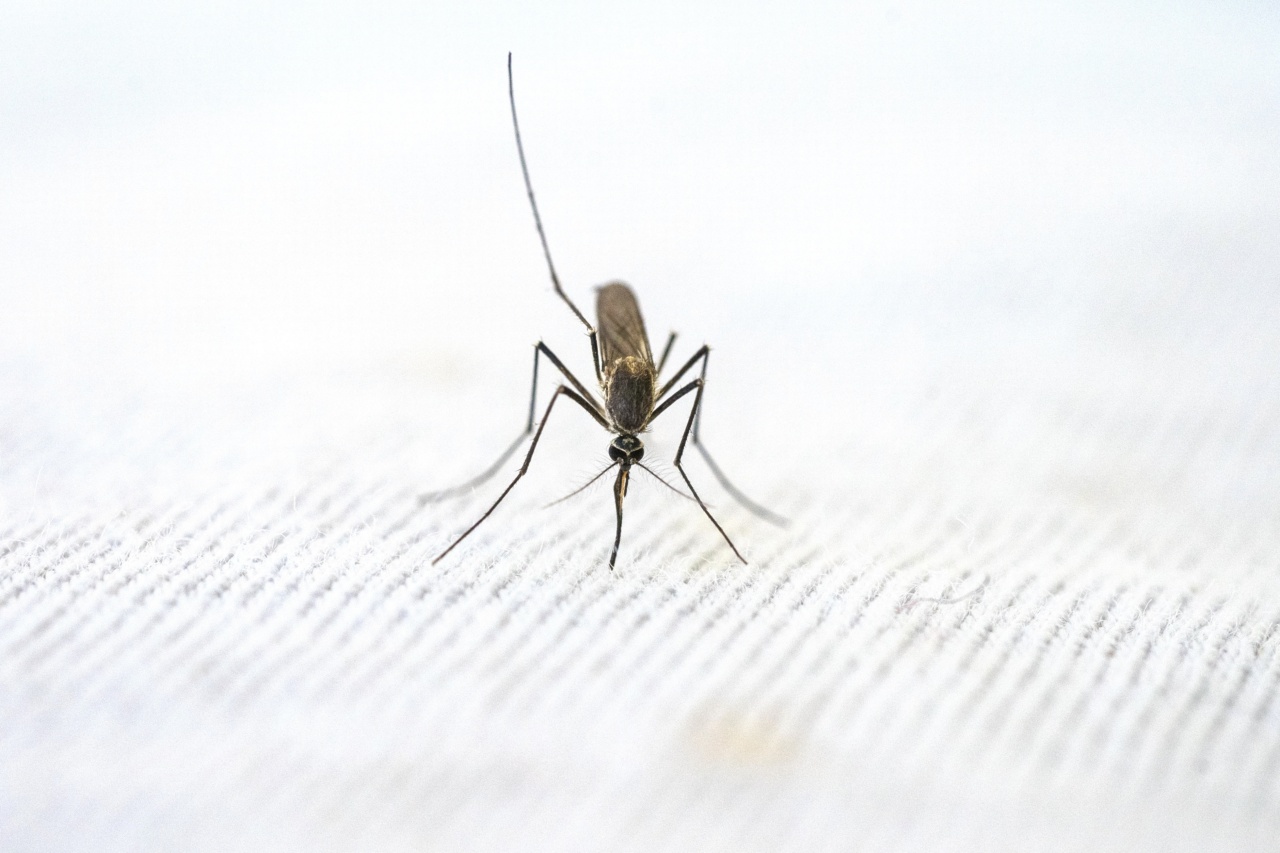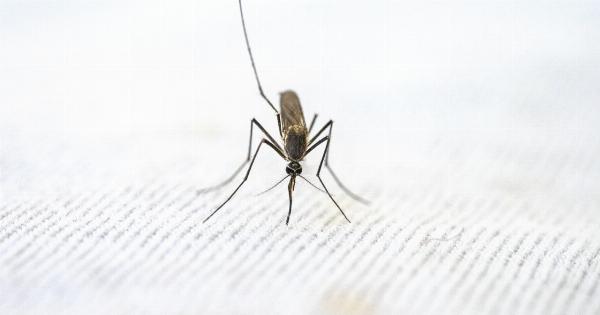In a significant breakthrough in the fight against malaria, scientists have developed genetically modified mosquitoes that cannot transmit the disease.
The engineered mosquitoes have been created by a team of researchers led by molecular biologist Professor Andrea Crisanti of Imperial College London and published in the journal Nature Biotechnology.
Malaria – A Major Global Health Threat
Malaria is a life-threatening disease caused by the Plasmodium parasite, transmitted to humans through the bites of infected Anopheles mosquitoes.
According to the World Health Organization (WHO), there were an estimated 229 million cases of malaria worldwide and 409,000 deaths in 2019. Malaria is most common in sub-Saharan Africa but also affects parts of Asia, Latin America, and the Middle East.
The CRISPR-Cas9 Technique
The tool used to create the genetically modified mosquitoes is the CRISPR-Cas9 technique. CRISPR-Cas9 is a revolutionary technology that allows scientists to precisely edit DNA sequences like never before.
The CRISPR-Cas9 system consists of two main components: the Cas9 protein and a guide RNA (gRNA). The gRNA is designed to recognize and bind to a specific target sequence in the DNA.
Once the gRNA has bound to the target sequence, the Cas9 protein cuts the DNA, allowing researchers to either delete, insert, or replace specific genes with high precision.
The Modified Mosquitoes
The researchers used the CRISPR-Cas9 technique to modify the genes of Anopheles mosquitoes, the species responsible for transmitting malaria.
The goal was to introduce a genetic modification that would significantly reduce the mosquito’s ability to transmit the parasite.
Specifically, the researchers targeted a gene called rpL40, which plays a critical role in the early stages of malaria infection.
By using the CRISPR-Cas9 system to delete this gene, the researchers found that the modified mosquitoes could not transmit the disease.
Eradicating Malaria
The development of these genetically modified mosquitoes is a significant step forward in the fight against malaria.
With the use of the CRISPR-Cas9 system, scientists can now create targeted genetic modifications in mosquitoes that could help eliminate the disease.
Professor Crisanti and his team hope that these modified mosquitoes could eventually be released into the wild to breed with the wild mosquito population and pass on the malaria-resistant genes.
Over time, this would lead to a reduction in the number of malaria-carrying mosquitoes and, in turn, a reduction in the number of malaria cases.
Challenges Ahead
The use of genetically modified mosquitoes to tackle malaria is still in its early stages, with many challenges ahead.
One of the main challenges is that it will be difficult to know how the modified mosquitoes will interact with the wild mosquito population. Researchers will need to carefully monitor the modified mosquitoes to ensure that they do not become invasive or cause unintended consequences.
Another challenge is the ethical considerations of releasing genetically modified organisms into the wild.
While the modified mosquitoes have the potential to save lives, there are concerns about the long-term effects on the ecosystem and the potential unintended consequences of releasing genetically modified organisms.
A Ray of Hope
Malaria remains a significant global health threat, and traditional control measures like insecticide-treated bed nets and antimalarial drugs have only been partially effective in reducing the disease burden.
The development of genetically modified mosquitoes that cannot transmit malaria is a significant step forward in the fight against malaria and offers a ray of hope in the battle to eliminate the disease.
Conclusion
The development of genetically modified mosquitoes that cannot transmit malaria is a significant scientific achievement that could have far-reaching implications for global health.
While there are still many challenges ahead, this breakthrough offers hope for the future eradication of malaria.



























